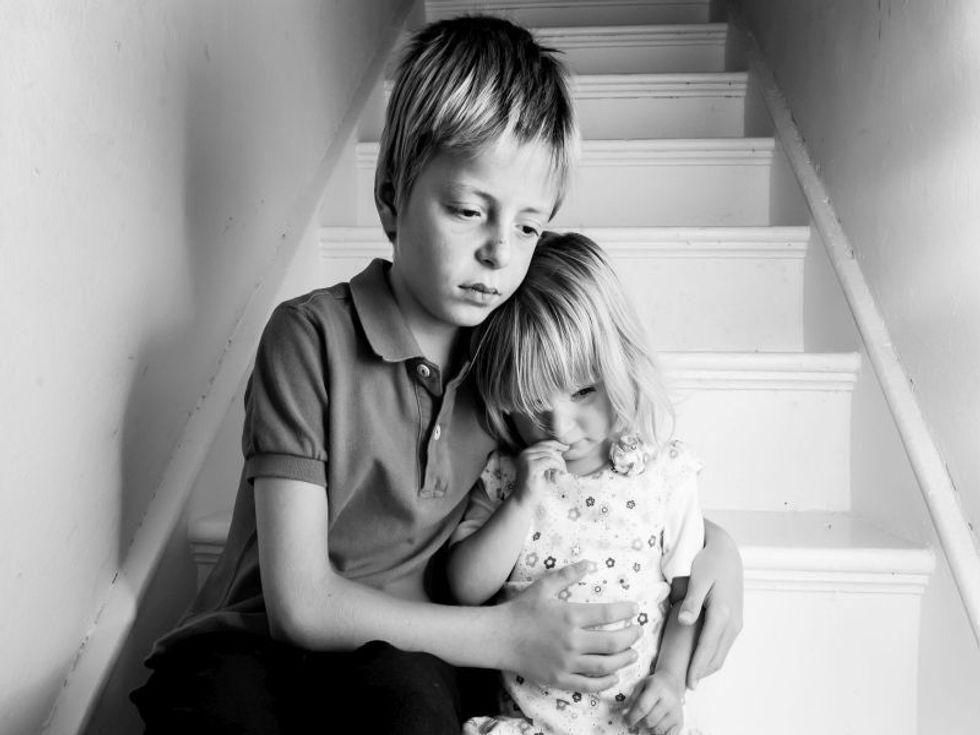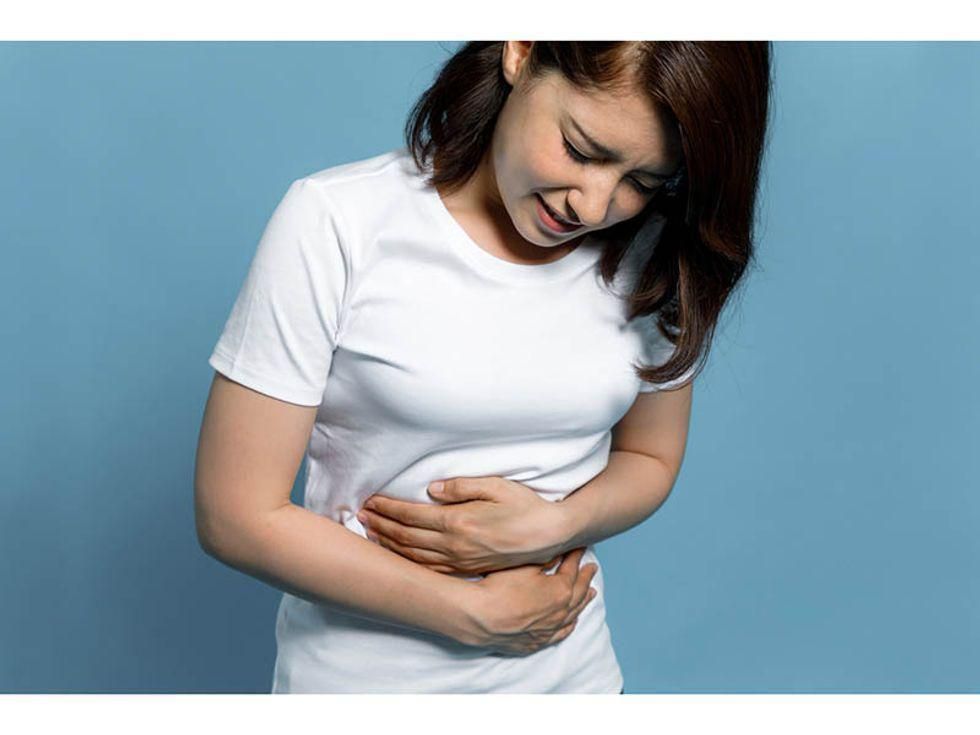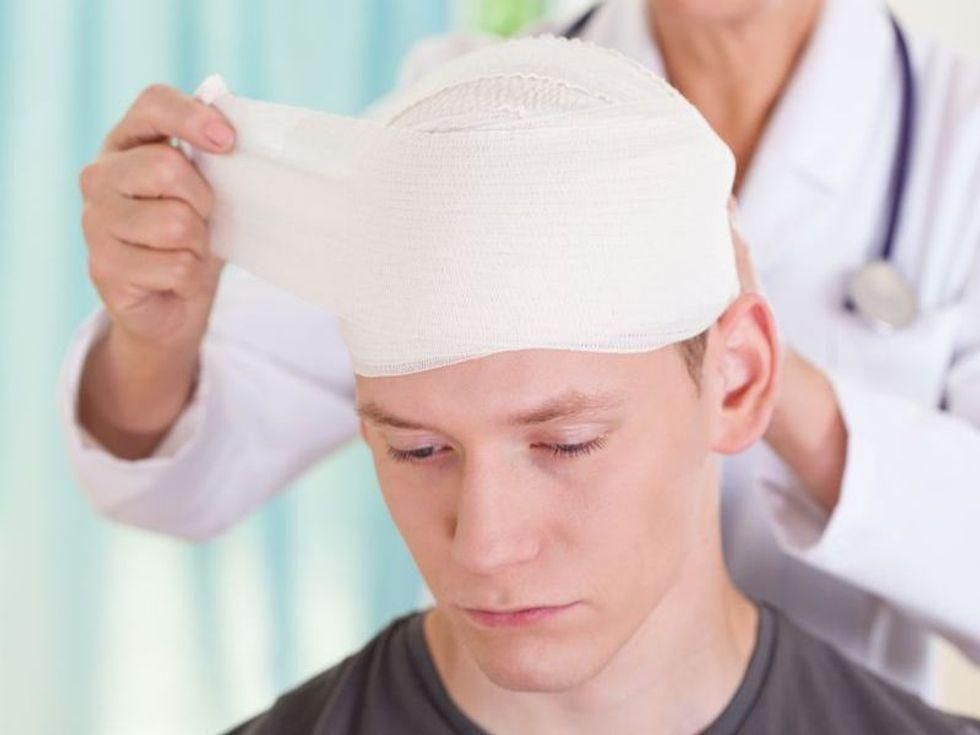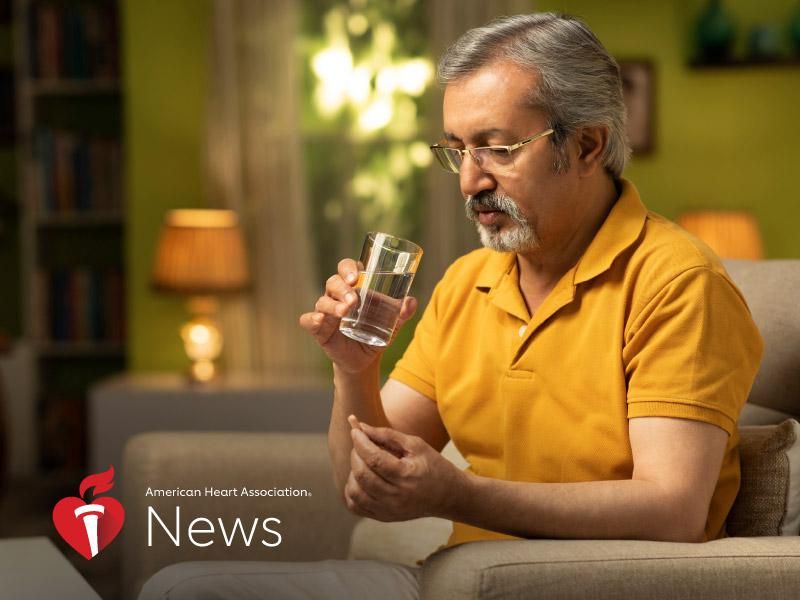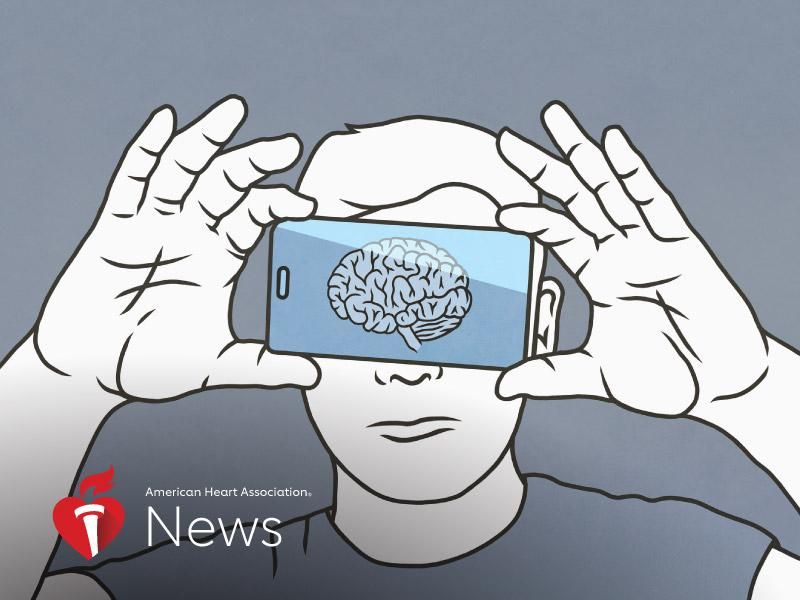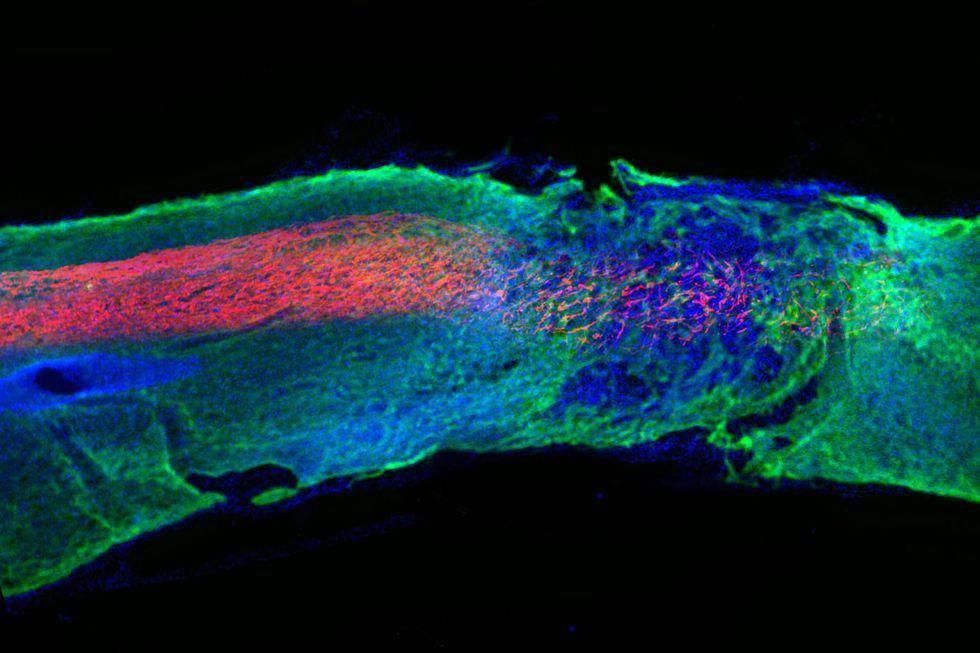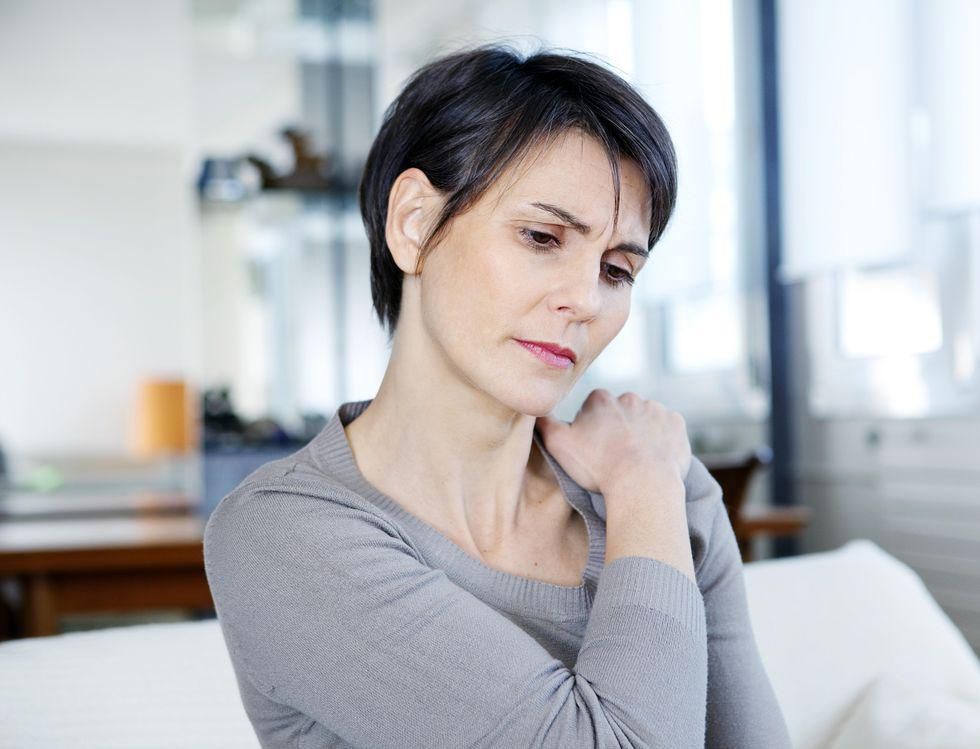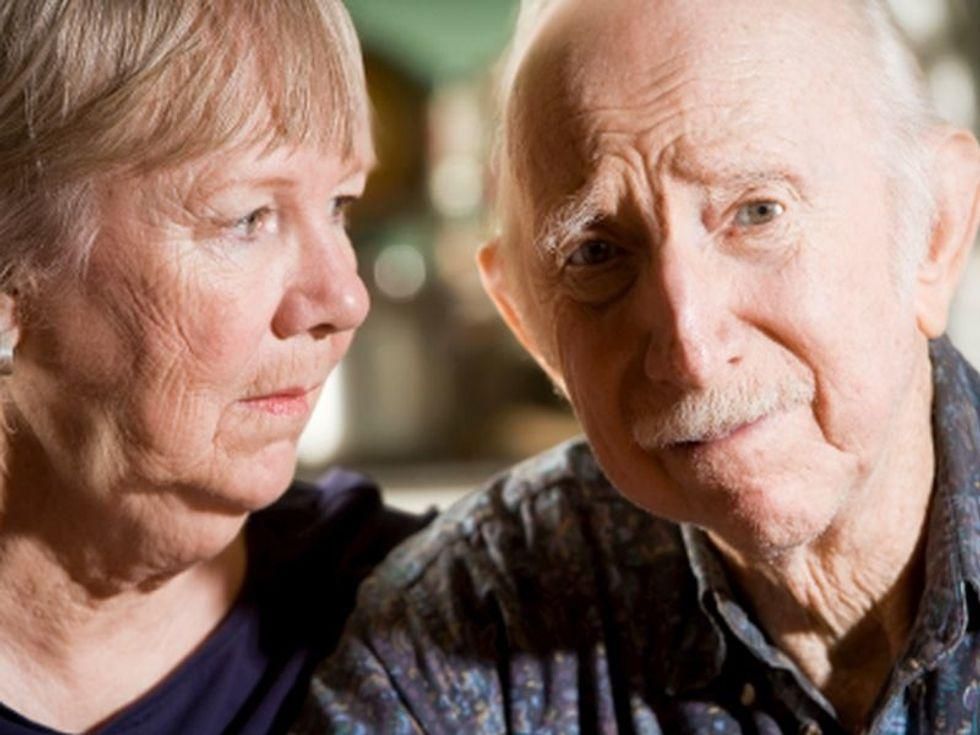
Long COVID is rare in college athletes, but those who have had COVID-19 should see a doctor if they have chest pain during activity, the authors of new study advise. The extent and effects of persistent symptoms in athletes after COVID-19 infection have been unclear, so researchers went searching for answers. “For the vast majority… read on > read on >










